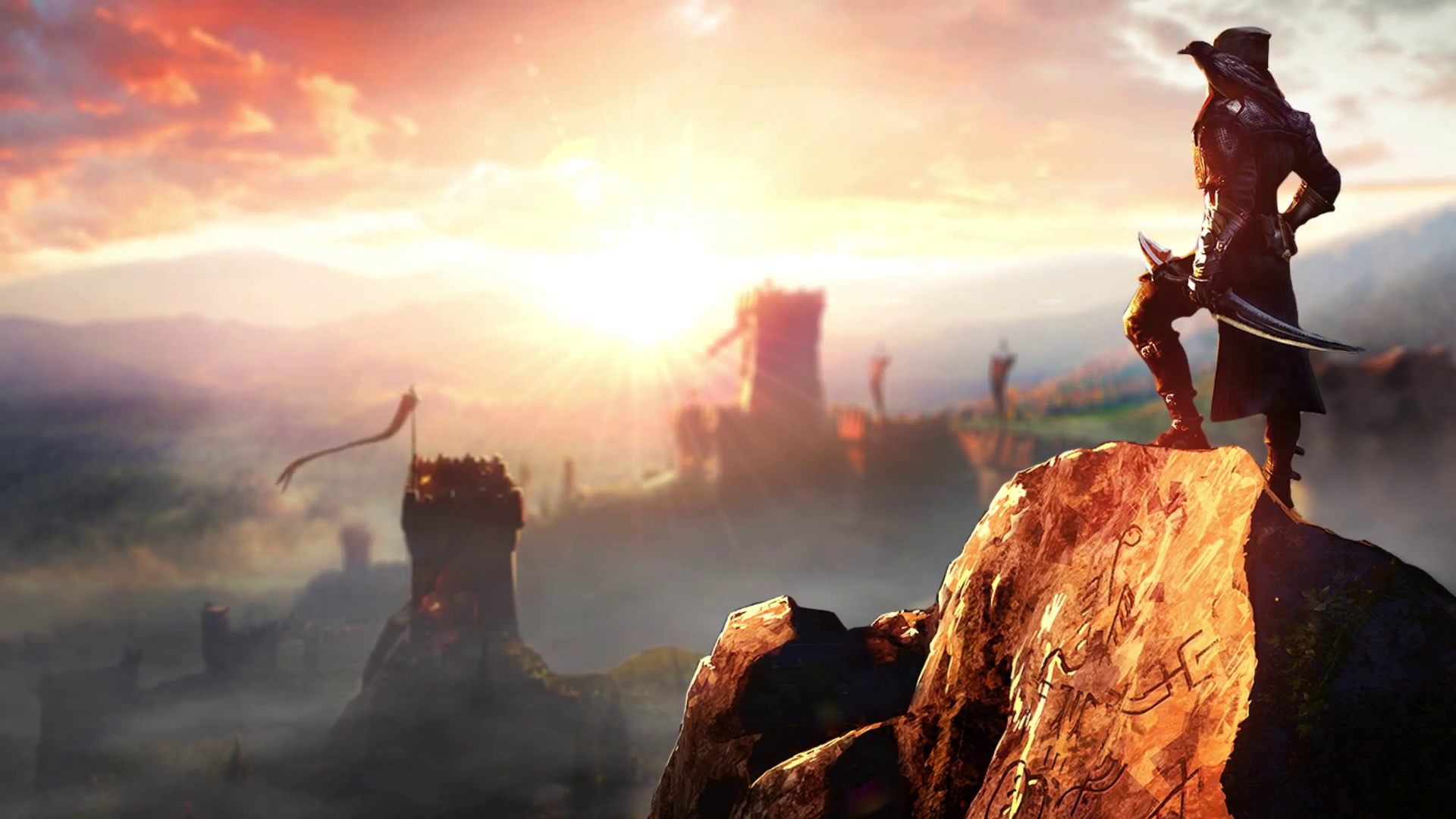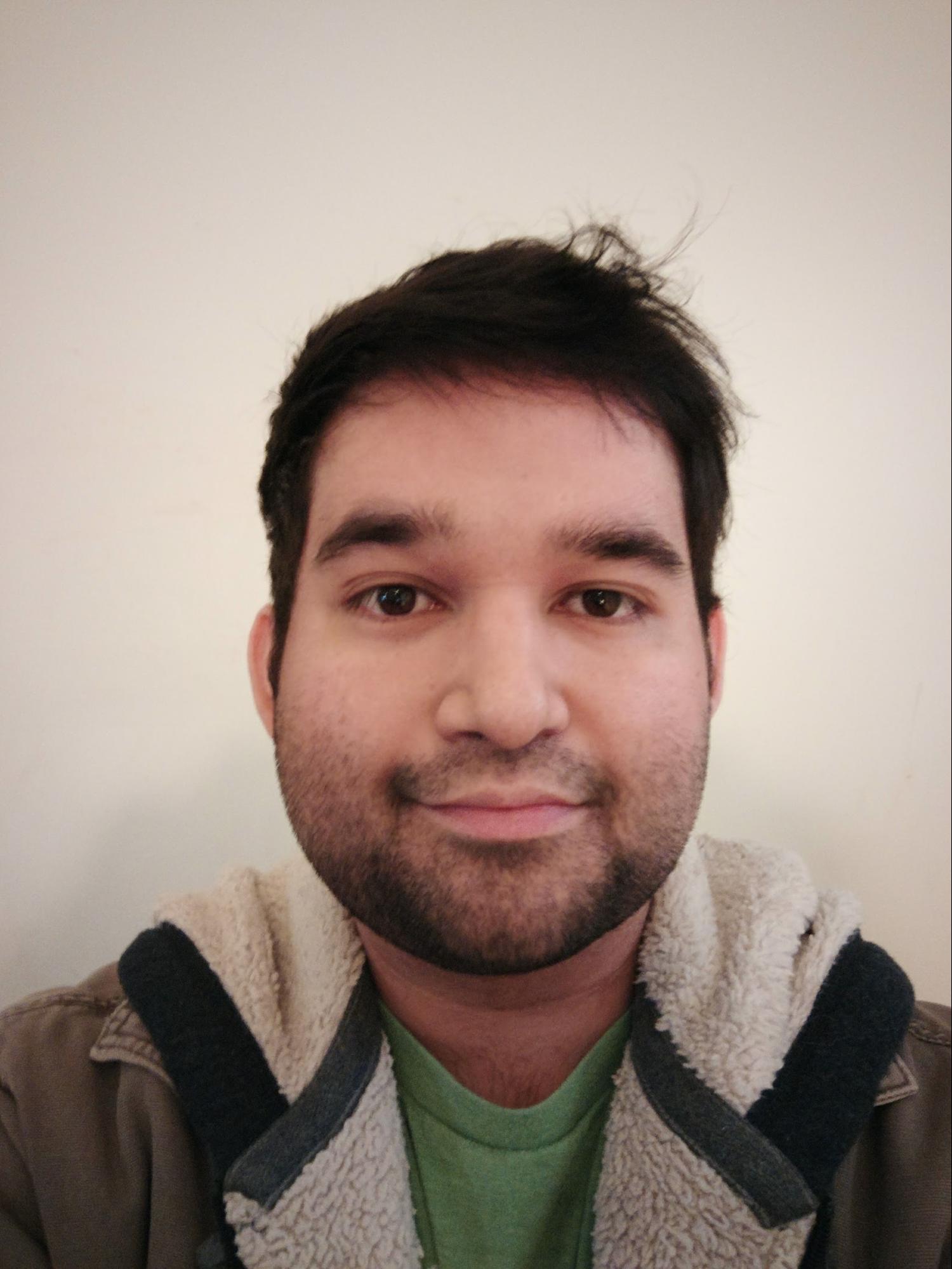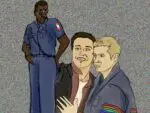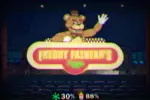Gay rights activists may have a new tool against hate and homophobia they never realized could be a platform: video games. While games are often apolitical to appeal to a wide audience, there are a few game companies out there that aren’t afraid of trying new things.
By focusing on a message of inclusion that doesn’t take away from gameplay, they are able to open a line of communication between the two sides. Those games and companies toe a line that is almost unnoticeable if you aren’t looking for it, but they do it brilliantly.
One of the most recent examples of this kind of effort is “Monster Prom,” by developer Beautiful Glitch. The game doubles as a tongue-in-cheek dating simulator, forcing players to try and find a date for prom before the end of the school year.
As the title suggests every character in the game is some form of monster. From werewolves to tentacle monsters, “Monster Prom” offers a wide and varied cast. Most creatures you meet are dateable and it’s up to you to find out how. Yes, it does get weird pretty fast.
Four different characters are available to play as at the start — two male and two female — and after deciding on which monster to play as, users then decide on what pronoun they want to be called throughout the game. Maybe their character identifies as “they” instead of “he” or “she.” Perhaps the giant zombie man players chose wants to be called a “she” instead of “him.” While the game’s default is “basic” gender pronouns, it still offers a its players a choice. In the end though, what you choose doesn’t matter and that’s kind of the entire point.
No character in the game treats you as any specific gender. Girls are viewed the same as males, and if a task is given to you there is no regard for what genitals you might be hiding in your pants. Likewise, every dating prospect in the game is open to the player regardless of what they chose at the start.
Everybody is willing to go to prom with everyone else because monsters don’t care about gender; they’re interested in other monsters. This may not seem like a big deal, but it shows how a simple change of direction and tone can affect players and how they react. I don’t consider myself a homophobe. My brother is gay and married, and I couldn’t be happier for him. At the same time, when games offer me an option between playing a gay character or a straight one, the answer is obvious to me. I identify as a straight male and often choose to play one in games as well.
A lot of gamers make the same choice. Choosing what they are comfortable with keeps them from having to expand outward and try new things. There’s a zone they don’t want to leave, and games often don’t push them to do so. What “Monster Prom” has done is create a game where that comfort zone doesn’t exist in the first place, and they do that by making most events in the game random.
At the start of each day, you can choose a location to visit on the high school campus. When you pick somewhere to go, a random event pops up and you are offered a choice. Characters in the game will react to the choice you make and their opinion of you will change depending on what you picked. Did you have the hots for that Medusa girl? Sorry, you made her angry. But hey, this werewolf jock over here likes you a little bit more now instead.
The game serves as a brilliant way to remove the gender lines that separate us all, and it works. I found myself trying to go to prom with characters I wouldn’t have in any other game. They were all funny and personable and, in the same way they didn’t care what I identified as, I didn’t care what their gender was.
It’s important to note that “Monster Prom” isn’t the first game that has been able to blur gender lines this way. “Dragon Age: Inquisition” made a big deal over the fact that one of their characters, Dorian Pavus, was a “fully gay” party member. If you are unfamiliar with the series, “Dragon Age” games are giant fantasy adventures that let you pick people to travel with and then seduce them. Dorian was available to be picked up early in the game and, as a sassy one-line dropping mage, players were keen to keep him in their parties.
Some people didn’t even realize what his sexual orientation was. He had a fun personality and that was enough reason to want to have him around. When players found out that he wasn’t a straight male, many realized they didn’t care.
“I couldn’t help it,” redditor shellbullets describes in a thread titled “So, how many other straight males romanced Dorian..?”. They had been playing a straight character for most of the game and, when they found out that Dorian was gay, decided that didn’t matter to them. In fact, the revelation only made them more interested in him. “Long story short, afterwards I told him he’s a badass and we swapped some spit. I have no regrets.”
Shellbullets wasn’t the only one to feel this way. Dozens of others voice the same reaction in replies to the thread. Their favorite character was gay, and suddenly, so was their avatar. The dividing line between them was blurred enough that they were able to step over it.
All this may seem like a stretch. Games are meant to be fun and not taken seriously and, to be sure, both “Monster Prom” and “Dragon Age” approach the topic with quite a bit of humor and sarcasm. That’s the great thing about humor though; it lets people lower their guards. When you are having fun, you don’t take things as seriously. Often you are willing to try new things and see different points of view.
Erasing homophobia and bringing two sides that see things very differently will never be easy. Gay men and women have been trying to do it for years with varying results. As video games embrace the idea of inclusion as well, they bring a new tool to use in the fight for equality. By playing them people are free to explore ideas they may be uncomfortable doing so in life. Characters are free to like other characters. Humans are free to like other humans. In the fight against hate and homophobia, tools like this represent a small but important step forward.

















